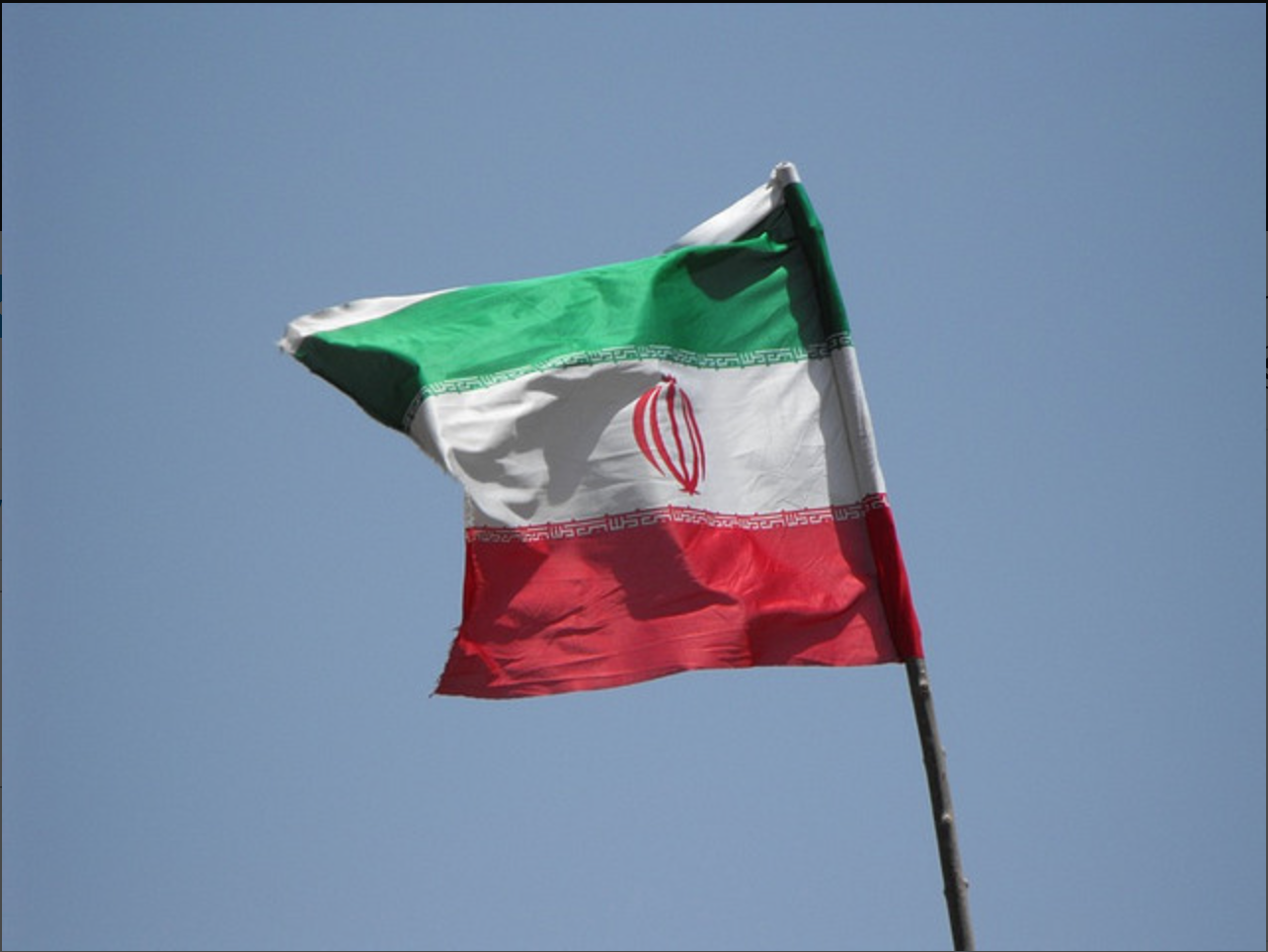This past summer’s nuclear accord between Iran and the superpowers of the United States, France, China, Germany, Russia and the United Kingdom has spurred a multitude of opinions among members of the UCLA community. Some see the deal as a beacon of hope for eventual peace; some completely condemn it as a sign of legitimizing the Islamic Republic and ignoring the country’s human rights violations. Other individuals believe that they simply do not know enough about the agreements or Iranian affairs in general to have a formal opinion on the matter. In moments such as these, when the UCLA community lacks a concrete perspective on an issue, it is best to reach out to an expert on the matter at hand.
Fortunately for students, faculty and staff, the board of the Younes and Soraya Nazarian Center for Israel Studies at UCLA has welcomed Dr. David Menashri, an Iran expert, to campus this winter and spring. Dr. Menashri has come to UCLA from the State of Israel, where he co-founded the Alliance Center for Iranian Studies at Tel Aviv University, chaired TAU’s Department of Middle Eastern and African History, and headed Ramat Gan’s College of Law. Dr. Menashri has also served as a visiting professor at other American institutions such as the University of Chicago, Yale, and Princeton.
This quarter, Dr. Menashri is teaching a course on Iran called “Iran in the Middle East: Between Doctrine and Interests.” This comprehensive class examines the causes and outcomes of the 1979 Iranian Revolution, Iranian domestic politics and their effect on the formation of national policies, relations with the West, and other topics. Next quarter, Dr. Menashri will be teaching another course called, “Iran and Israel (1948-2015): From Allies to Adversaries.”
For UCLA community members who are not currently enrolled in Dr. Menashri’s class and would like to learn more from him before spring quarter, he will be leading an on-campus discussion on Tuesday, Feb. 9 entitled “Iran, the United States, and the Changing Middle East.” The event, taking place at UCLA Law School at 4:30 PM in room 1447, is open to all students, faculty, and staff. In his discussion, Dr. Menashri will draw the connection between Iranian internal politics and its effect on the way Iran relates to countries both in the Middle East and the West.
For Dr. Menashri, Iran’s sudden decision to negotiate, or even acknowledge, Western countries such as the United States and France, can be seen as a major indication of change in Iranian domestic policy. Not so long ago, champions of the Iranian Revolution of 1979 attacked the West and blamed her for their troubles. So much so, that in 1962, Iranian intellectual Jalal Al-e Ahmad popularized the term “Gharbzadegi,” meaning “Westoxification,” when he published a book of the same name. Gharbzadeghi implied that the Iranian culture and spirit at the time had been plagued and overshadowed by the secular culture of the Western world. By comparing the West’s influence on the Middle East to a plague, Ahmad made clear that Iranians were not pleased to comply or exchange thoughts with the West.
More recently, when Iranian president Hassan Rouhani extended a hand in friendship to the president of China, Xi Jinping, the Supreme Leader of Iran, Ayatollah Ali Khamenei, stated that healthy relationships with countries like China are necessary because Iran “has never trusted the West.” Khamenei’s statement came six months after the nuclear agreements were reached. One wonders why Iran would take part in a dialogue and sign an accord with a region her Supreme Leader claims not to trust. Perhaps the two-sided perception of the Western world may lie in the possibility that there are multi-faceted political opinions and perspectives within the realm of Iranian government today.
To learn more about the current situation between Iran, the West, and the Middle East, attend Dr. Menashri’s discussion this winter and formulate your own opinion on the matter in order to gain a better understanding of the complex entity that is Iran.

